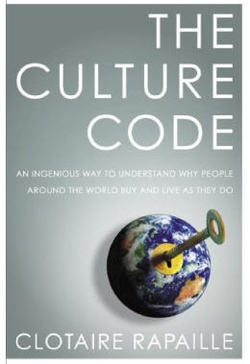NYU’s Aggressive Globalization Plan
 Last year, New York University (NYU) announced an agreement with the Emirate of Abu Dhabi to build NYU Abu Dhabi. The research university, with a complete integration of a liberal arts and science college, will be the “first world-class, liberal arts university in the Middle East”.
Last year, New York University (NYU) announced an agreement with the Emirate of Abu Dhabi to build NYU Abu Dhabi. The research university, with a complete integration of a liberal arts and science college, will be the “first world-class, liberal arts university in the Middle East”.
NYU Abu Dhabi is still underway, with the first formal academic year planned to start on the fall of 2010. NYUAD, which offer NYU B.A. and B.S. degrees, as well as specialized graduate programs, is projected to enroll at least 2,000 undergraduate students and approximately 800 graduate students. The students will be admitted from all over the world, especially the broad Middle East and South Asia.



